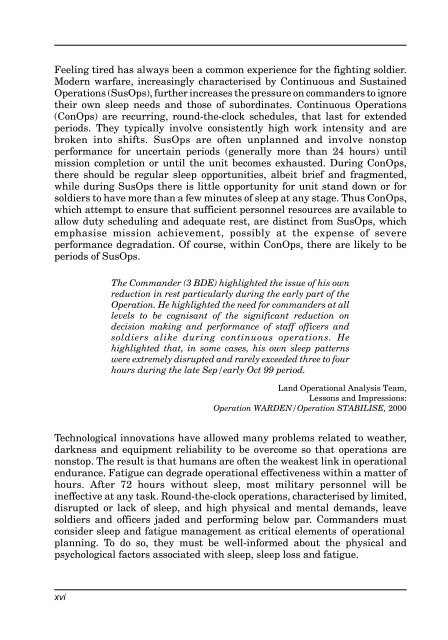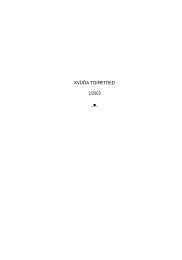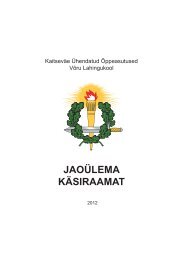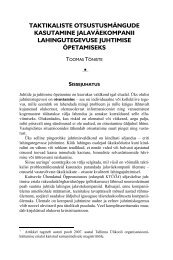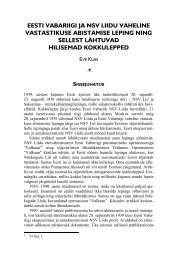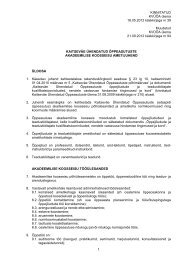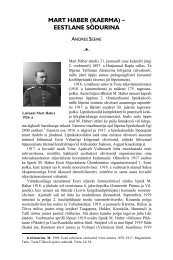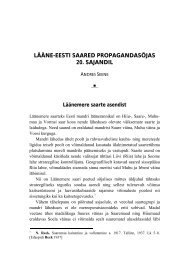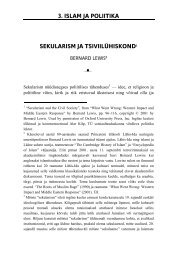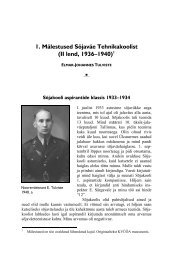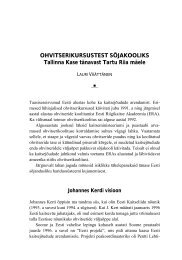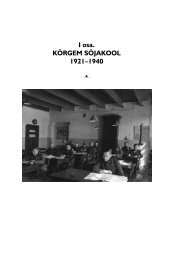Fatigue Management
Fatigue Management
Fatigue Management
You also want an ePaper? Increase the reach of your titles
YUMPU automatically turns print PDFs into web optimized ePapers that Google loves.
Feeling tired has always been a common experience for the fighting soldier.<br />
Modern warfare, increasingly characterised by Continuous and Sustained<br />
Operations (SusOps), further increases the pressure on commanders to ignore<br />
their own sleep needs and those of subordinates. Continuous Operations<br />
(ConOps) are recurring, round-the-clock schedules, that last for extended<br />
periods. They typically involve consistently high work intensity and are<br />
broken into shifts. SusOps are often unplanned and involve nonstop<br />
performance for uncertain periods (generally more than 24 hours) until<br />
mission completion or until the unit becomes exhausted. During ConOps,<br />
there should be regular sleep opportunities, albeit brief and fragmented,<br />
while during SusOps there is little opportunity for unit stand down or for<br />
soldiers to have more than a few minutes of sleep at any stage. Thus ConOps,<br />
which attempt to ensure that sufficient personnel resources are available to<br />
allow duty scheduling and adequate rest, are distinct from SusOps, which<br />
emphasise mission achievement, possibly at the expense of severe<br />
performance degradation. Of course, within ConOps, there are likely to be<br />
periods of SusOps.<br />
The Commander (3 BDE) highlighted the issue of his own<br />
reduction in rest particularly during the early part of the<br />
Operation. He highlighted the need for commanders at all<br />
levels to be cognisant of the significant reduction on<br />
decision making and performance of staff officers and<br />
soldiers alike during continuous operations. He<br />
highlighted that, in some cases, his own sleep patterns<br />
were extremely disrupted and rarely exceeded three to four<br />
hours during the late Sep/early Oct 99 period.<br />
Land Operational Analysis Team,<br />
Lessons and Impressions:<br />
Operation WARDEN/Operation STABILISE, 2000<br />
Technological innovations have allowed many problems related to weather,<br />
darkness and equipment reliability to be overcome so that operations are<br />
nonstop. The result is that humans are often the weakest link in operational<br />
endurance. <strong>Fatigue</strong> can degrade operational effectiveness within a matter of<br />
hours. After 72 hours without sleep, most military personnel will be<br />
ineffective at any task. Round-the-clock operations, characterised by limited,<br />
disrupted or lack of sleep, and high physical and mental demands, leave<br />
soldiers and officers jaded and performing below par. Commanders must<br />
consider sleep and fatigue management as critical elements of operational<br />
planning. To do so, they must be well-informed about the physical and<br />
psychological factors associated with sleep, sleep loss and fatigue.<br />
xvi


